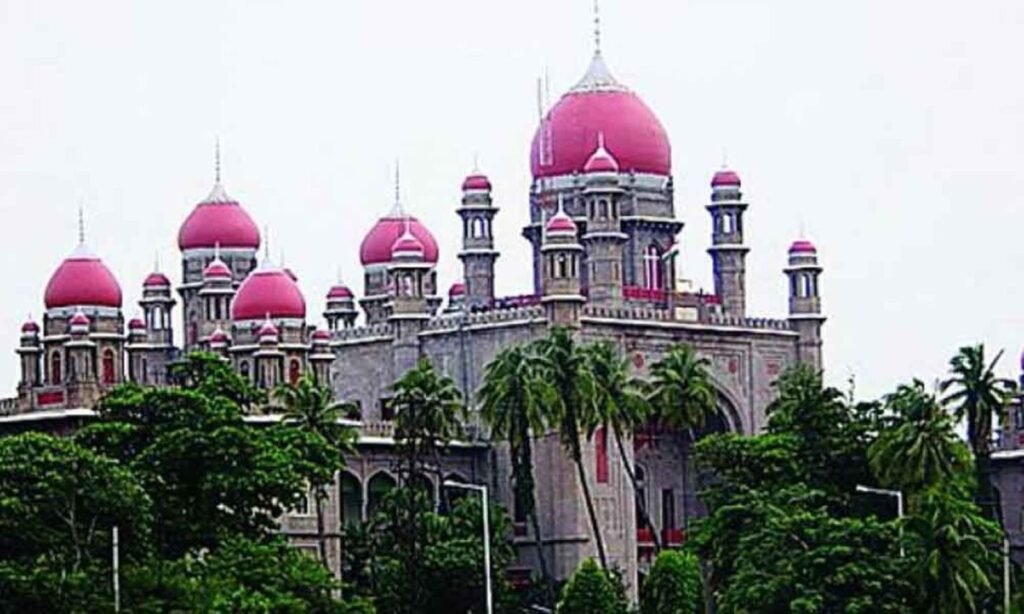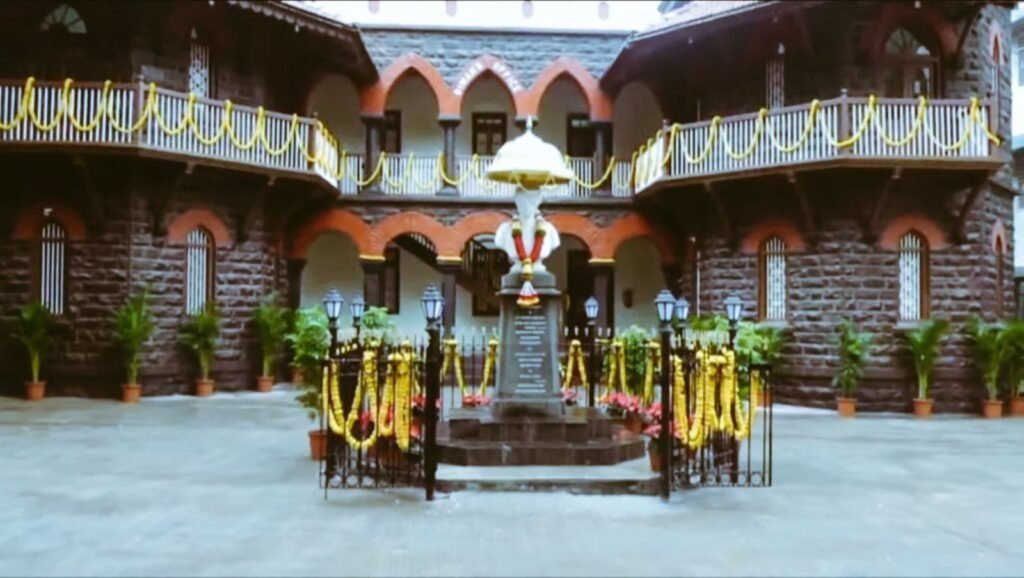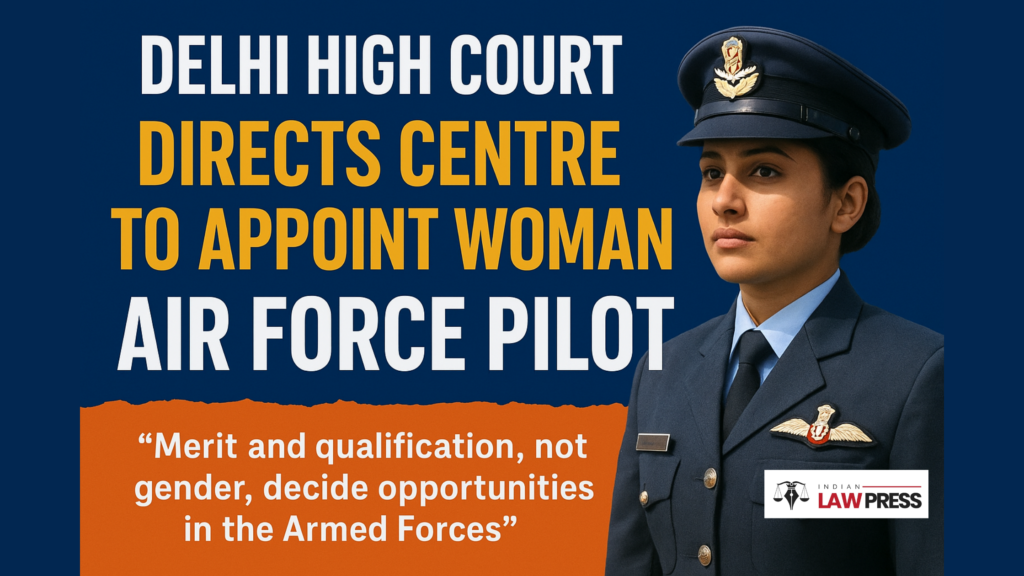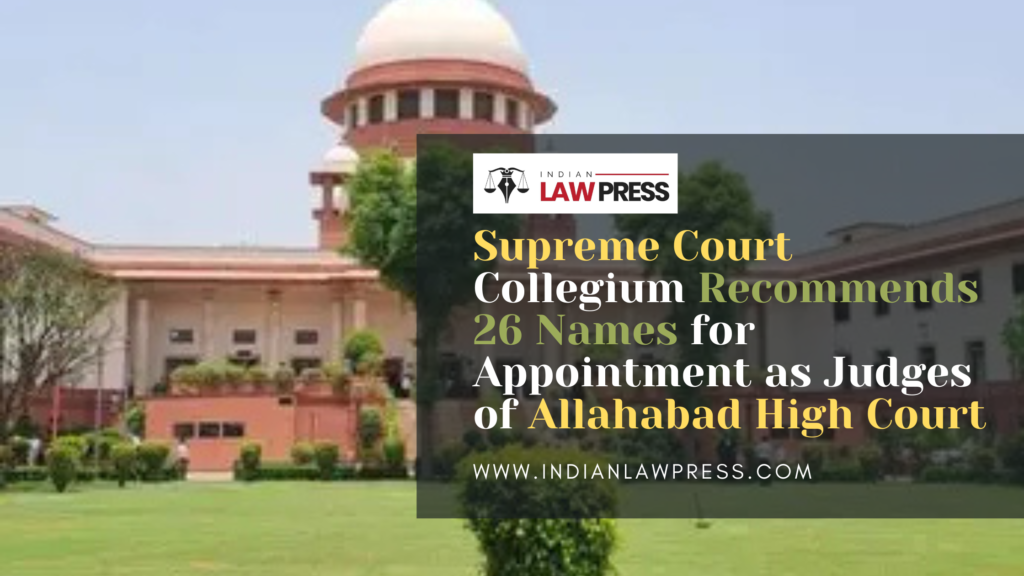The Madras High Court has stayed Tamil Nadu government amendments that transferred the power of appointing Vice-Chancellors from the Governor to the State. Read the detailed legal implications and highlights of this pivotal ruling.
Madras High Court Stays Tamil Nadu Government’s Move to Control VC Appointments
In a landmark interim order, the Madras High Court on Wednesday stayed key provisions of the Tamil Nadu government’s recent amendments that aimed to strip the Governor of the power to appoint Vice-Chancellors in state-run universities, transferring this authority to the state government instead.
The ruling came from a Vacation Bench comprising Justices GR Swaminathan and V Lakshminarayanan, who convened unusually late at around 7 PM to hear the urgent matter. Despite repeated pleas from state representatives to postpone the hearing, the Court proceeded, citing public interest and constitutional violations.
Court Observations: Amendments “Ex-Facie Unconstitutional”
The Court noted that the amendments appeared patently unconstitutional, particularly in how they conflicted with UGC regulations and Article 162 of the Indian Constitution. As a result, the Court decided to partially stay the operation of the laws—specifically the clauses transferring VC appointment powers from the Governor (Chancellor) to the state government.
“The unconstitutionality and repugnancy vitiating the impugned amendment Acts is so glaring and obvious that we cannot shut our eyes,” the Court remarked in its order.
Background: Legal Challenge by BJP Leader
The challenge to the amendments was brought through a Public Interest Litigation (PIL) filed by BJP leader K. Venkatachalapathy. The petitioner questioned the legality of eight state legislative amendments, citing their inconsistency with the University Grants Commission (UGC) Act and relevant regulations from 2018 concerning appointments in higher education institutions.
Representing the petitioner, Senior Advocate Dama Seshadri Naidu argued that the amendments violated UGC Regulation 7.3, which mandates that Vice-Chancellor appointments follow a specific, standardized process. He emphasized that education must remain free from political interference.
Supreme Court Context and Gazette Dispute
The state had earlier published the amendments in the official gazette, citing a Supreme Court ruling under Article 142 that declared certain laws as “deemed to have been assented to” by the Governor. This marked the first instance in India where a state implemented legislation without formal assent from the Governor or President.
However, the authenticity of one such Gazette notification was called into question during the hearing. Senior Advocate P. Wilson, appearing for the state, alleged that the petitioner had attached a forged gazette copy, urging an investigation by agencies like the CBCID or Vigilance Department.
State’s Position and Court’s Rebuttal
Advocate General PS Raman and Senior Advocate P. Wilson contended that no interim stay should be granted as the matter was already pending before the Supreme Court, and that the amendments were not evidently unconstitutional. They argued that the UGC guidelines do not mandate that Chancellors must be Governors.
The Court, however, held firm, pointing out that there was no stay order from the Supreme Court preventing the High Court from hearing the matter. The judges stated:
“If the Hon’ble Supreme Court had orally injuncted us from taking up this case and the same had been brought to our notice, we would have unhesitatingly kept our hands off.”
Next Steps in the Legal Battle
The Madras High Court scheduled the next hearing for eight weeks later, making it clear that until then, the state cannot proceed with VC appointments under the contested amendments.
The decision reinforces the primacy of central education regulations over state legislations and reflects the judiciary’s role in maintaining the constitutional balance between state and central powers—particularly in matters involving higher education governance.
Also Read: CJI BR Gavai:Supremacy Lies with the Constitution, Not the Judiciary, Executive, or Parliament





